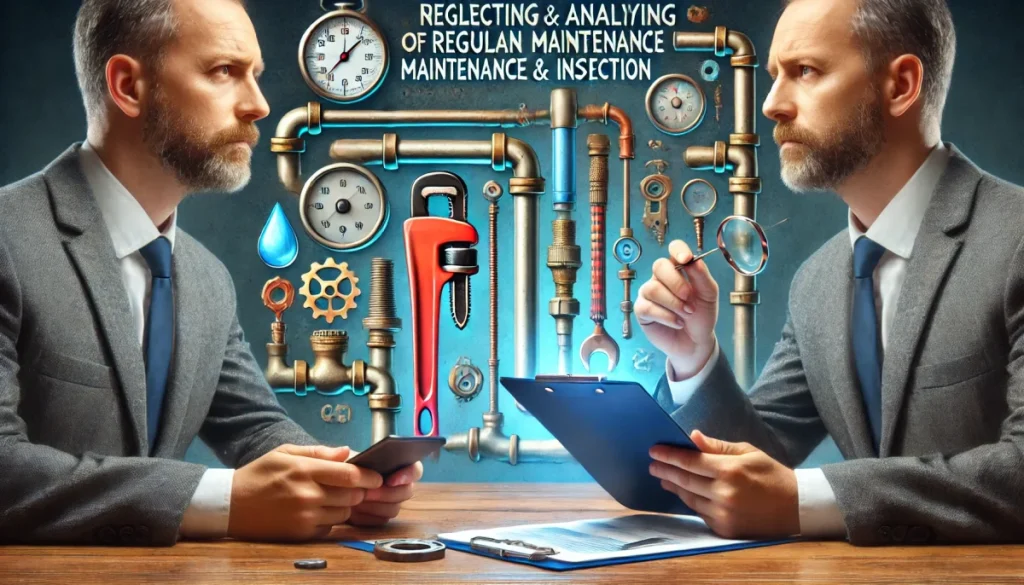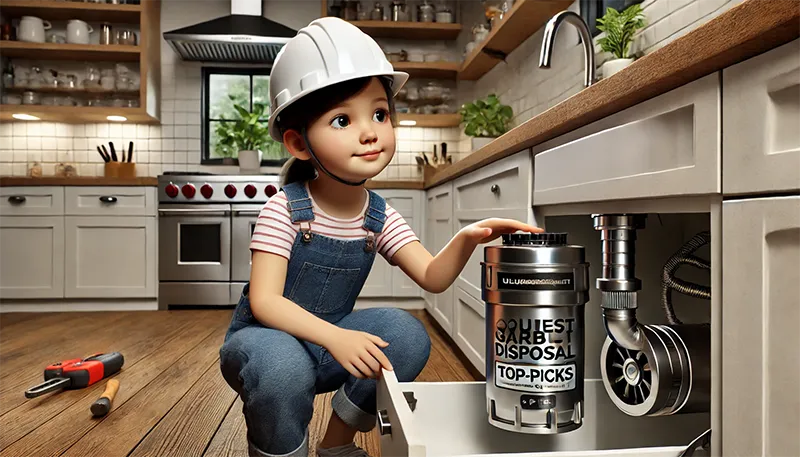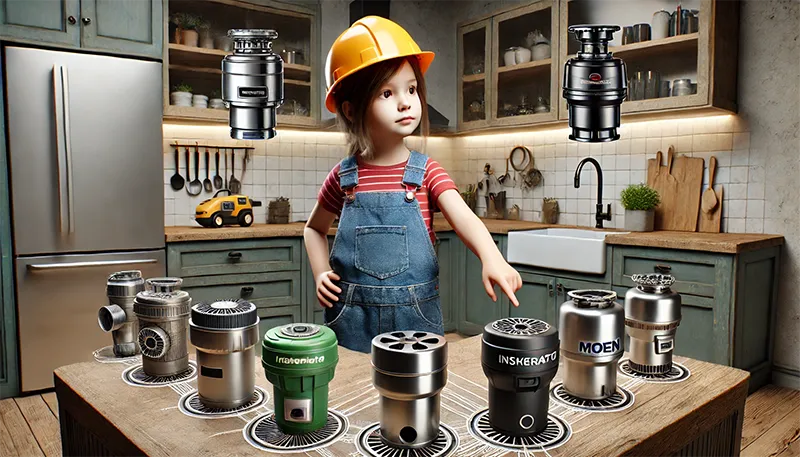The importance of regular maintenance and inspection in gas line systems cannot be overstated. This critical aspect of gas line management is often overlooked, leading to potentially hazardous situations and costly repairs. This section will elucidate the significance of consistent maintenance and inspection routines, outline the consequences of neglect, and provide comprehensive guidelines for implementing an effective maintenance program.
Importance of Regular Maintenance and Inspection
Regular maintenance and inspection of gas line systems serve several crucial purposes:
- Safety Assurance: Routine checks help identify potential leaks, corrosion, or damage before they escalate into dangerous situations.
- System Efficiency: Well-maintained gas lines operate at optimal efficiency, ensuring consistent gas flow and pressure.
- Regulatory Compliance: Many jurisdictions mandate regular inspections to ensure adherence to safety standards and building codes.
- Cost-Effectiveness: Proactive maintenance can prevent minor issues from developing into major, expensive repairs.
- Longevity: Proper care extends the lifespan of gas line systems, protecting the investment in infrastructure.
Consequences of Neglecting Maintenance and Inspection
The ramifications of overlooking regular maintenance and inspection can be severe and far-reaching:
- Safety Hazards: Undetected gas leaks can lead to explosions, fires, or carbon monoxide poisoning, posing significant risks to life and property.
- System Failures: Neglected systems are more prone to unexpected breakdowns, potentially disrupting gas supply to critical appliances or facilities.
- Increased Repair Costs: Minor issues, when left unaddressed, often evolve into major problems requiring extensive and expensive repairs.
- Legal Liabilities: Failure to maintain gas lines properly can result in legal consequences, especially if negligence leads to accidents or injuries.
- Reduced Property Value: A history of poor maintenance can negatively impact property valuation and marketability.
- Environmental Impact: Undetected leaks contribute to greenhouse gas emissions, exacerbating environmental concerns.
Best Practices for Regular Maintenance and Inspection
To ensure the safety, efficiency, and longevity of gas line systems, the following best practices should be meticulously observed:
Establish a Comprehensive Maintenance Schedule:
- Develop a detailed maintenance plan that outlines inspection frequencies, specific tasks, and responsible parties.
- Adhere to manufacturer recommendations and local regulations when determining inspection intervals.
Conduct Regular Visual Inspections:
- Perform routine visual checks of accessible gas lines, fittings, and appliances for signs of wear, corrosion, or damage.
- Pay particular attention to areas prone to moisture or physical stress.
Implement Leak Detection Protocols:
- Utilize advanced leak detection equipment, such as gas detectors or bubble solutions, to identify even minor leaks.
- Conduct leak tests after any modifications or repairs to the gas system.
Perform Pressure Tests:
- Regularly assess system pressure to ensure it remains within specified parameters.
- Address any significant pressure fluctuations promptly, as they may indicate underlying issues.
Maintain Accurate Records:
- Document all inspections, maintenance activities, and repairs in detail.
- Keep records of equipment specifications, installation dates, and previous issues for reference.
Engage Qualified Professionals:
- Employ certified technicians for complex inspections and maintenance tasks.
- Ensure that all personnel involved in gas line maintenance are properly trained and equipped.
Stay Informed About Regulatory Changes:
- Regularly review and update maintenance protocols to align with evolving industry standards and local regulations.
Educate Stakeholders:
- Provide training to relevant personnel on the importance of maintenance and how to identify potential gas line issues.
- Encourage a culture of safety and proactive reporting of any concerns.
Implement Predictive Maintenance Techniques:
- Utilize data analytics and monitoring systems to predict potential failures before they occur.
- Invest in technologies that allow for real-time system monitoring and early detection of anomalies.
Conduct Comprehensive Annual Inspections:
- Perform thorough, system-wide inspections at least annually, covering all components of the gas line system.
- Use these inspections to assess the overall condition of the system and plan for future maintenance or upgrades.
In conclusion, the regular maintenance and inspection of gas line systems are fundamental to ensuring safety, efficiency, and regulatory compliance. By implementing a robust maintenance program that incorporates these best practices, stakeholders can significantly reduce the risks associated with gas line failures and ensure the longevity of their systems. The investment in consistent maintenance and inspection routines is not merely a regulatory obligation but a critical responsibility that protects lives, property, and the environment.
It is imperative that all parties involved in gas line management—from property owners to facility managers and maintenance personnel—recognize the paramount importance of regular maintenance and inspection. By fostering a culture of proactive care and vigilance, the industry can continue to improve safety standards and operational efficiencies in gas line systems, ultimately benefiting all stakeholders in the built environment.



